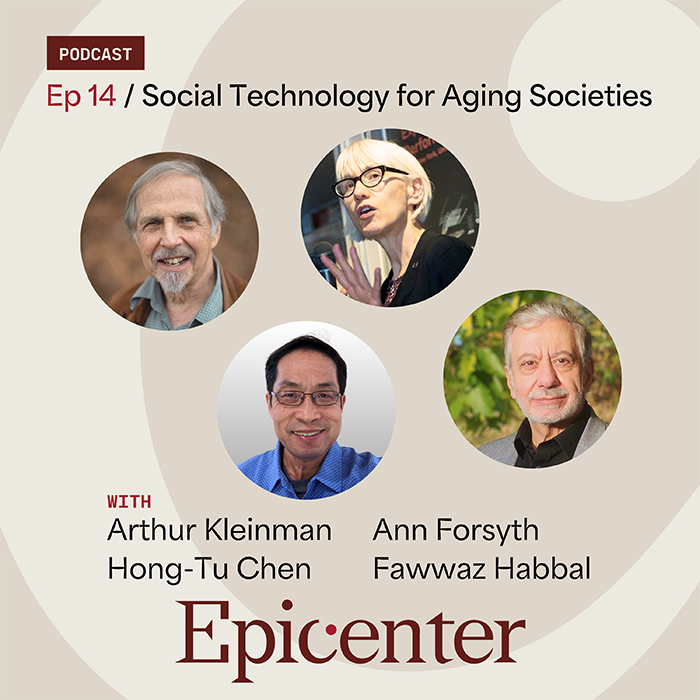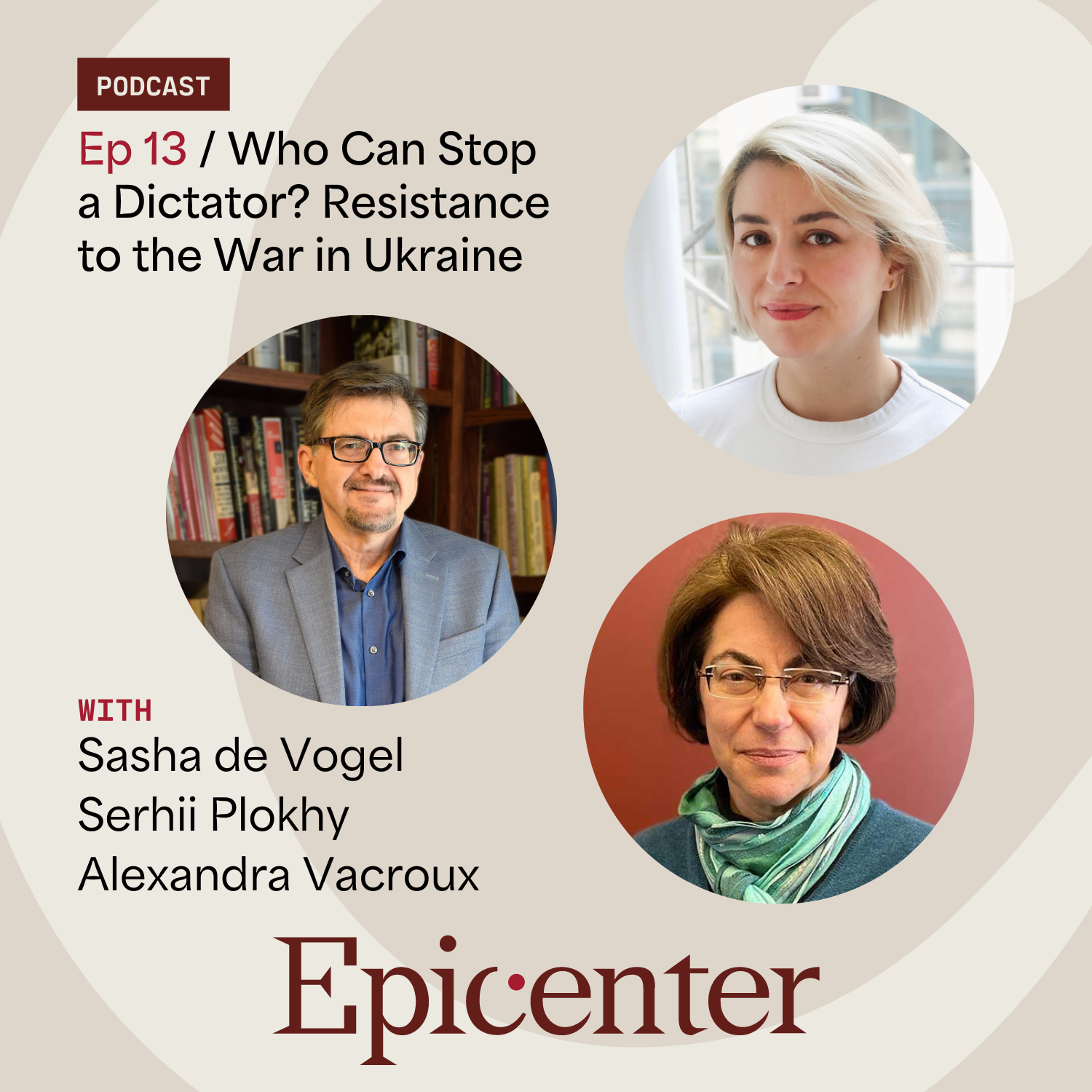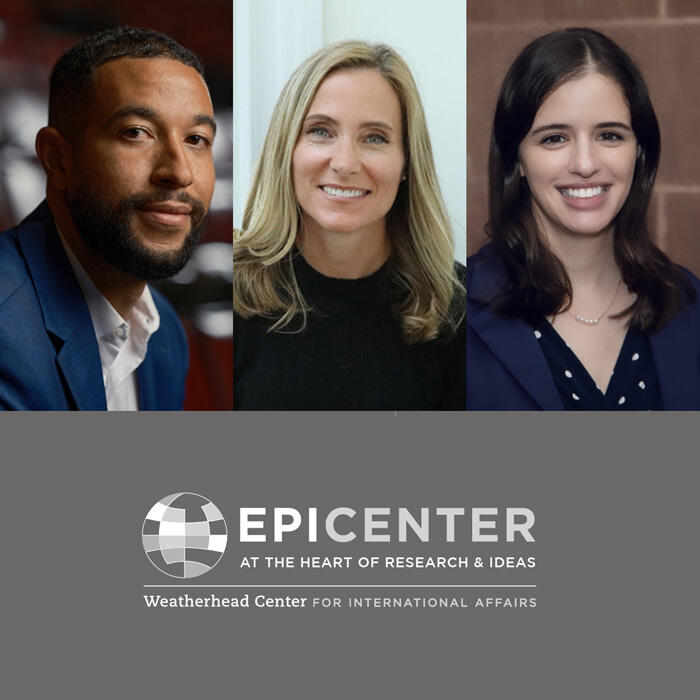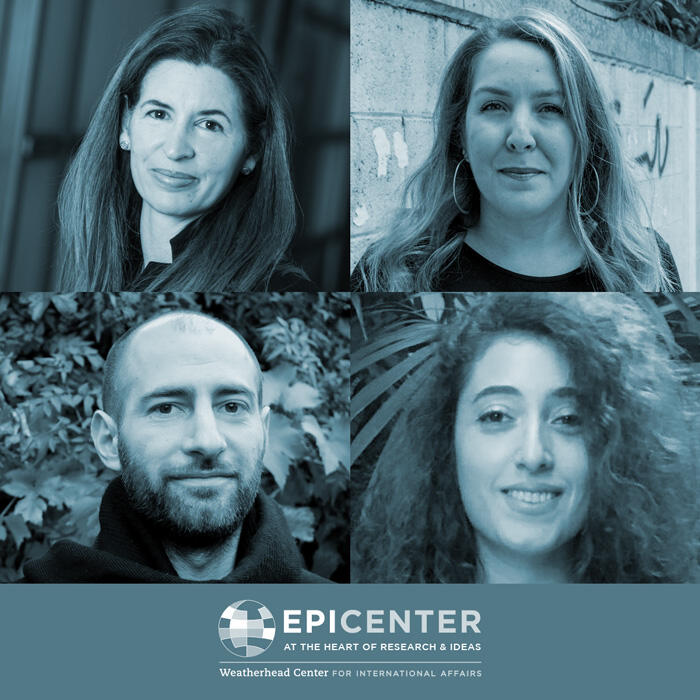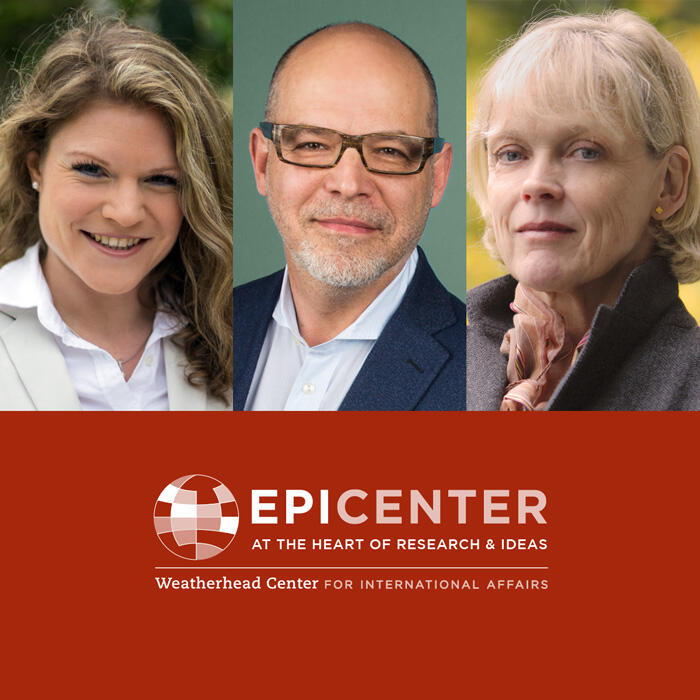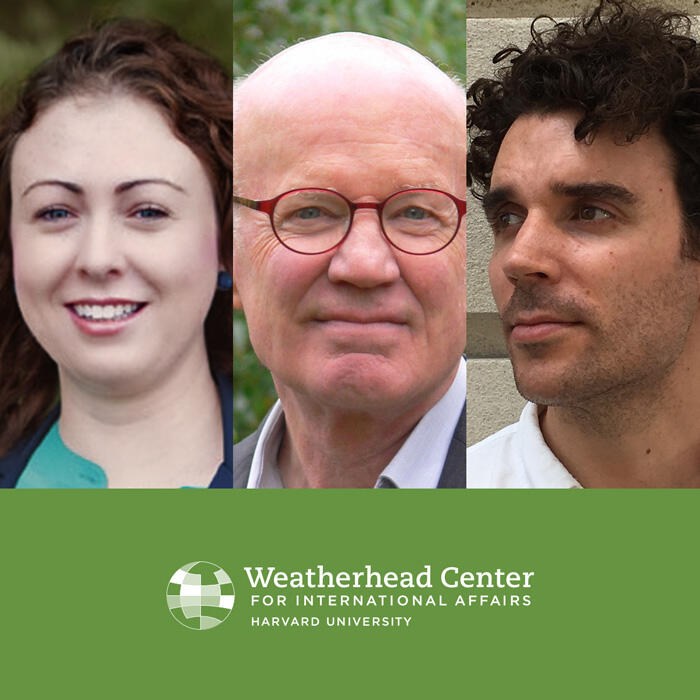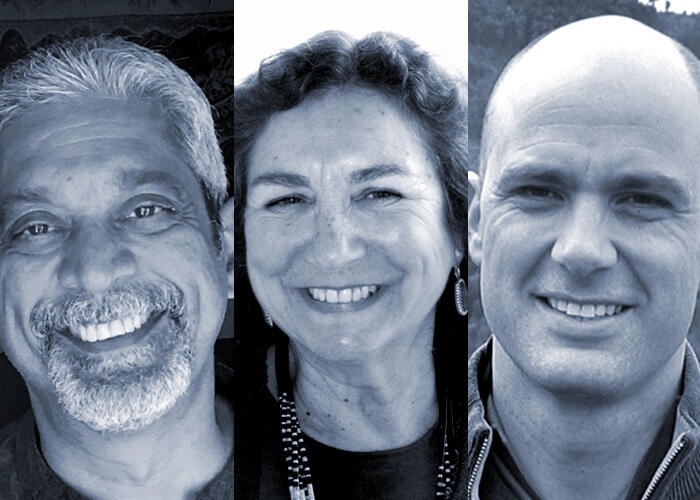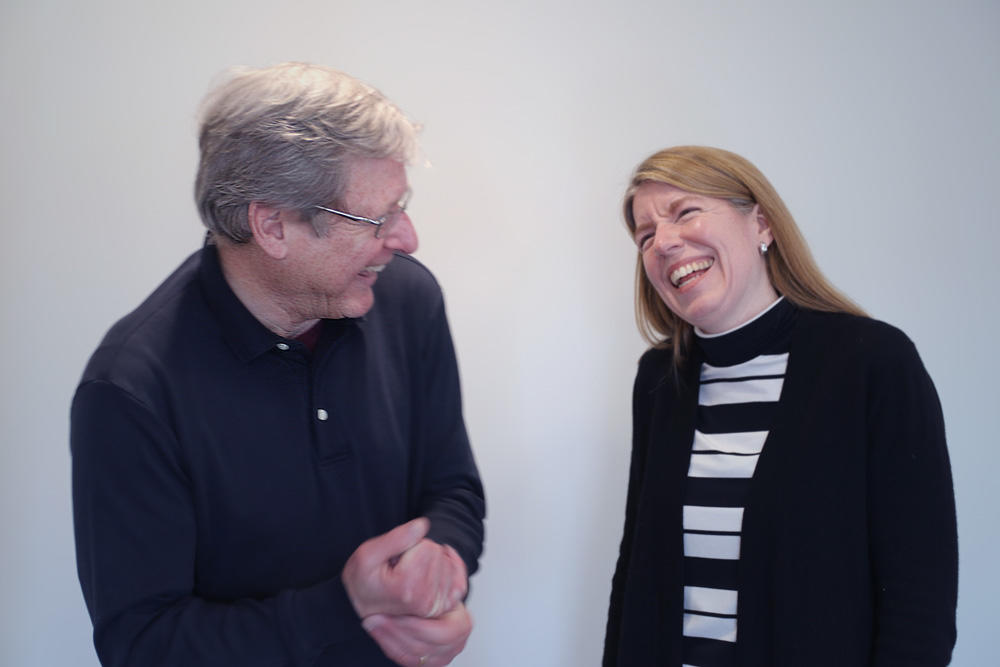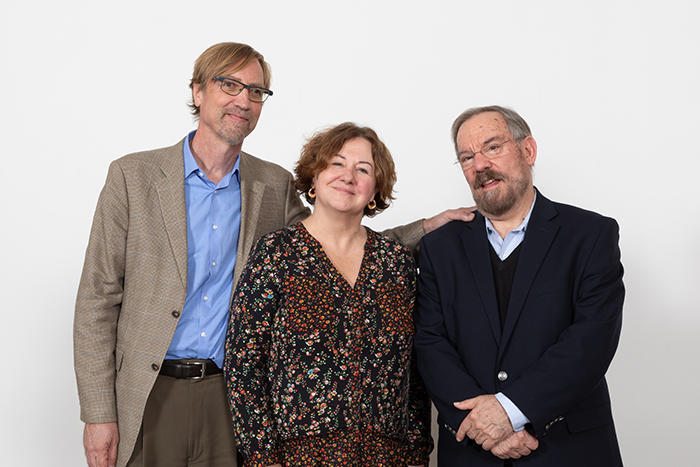In our Epicenter podcast, we bring together scholars and experienced practitioners from different disciplines to guide us through pressing global topics, to boil down the issues, to explain the research and give valuable context. The goal is to give listeners a deeper understanding of a topic to expand their everyday thinking about the world inside and outside their own borders.
LISTEN ON
RECENT POSTS
- The Serpent Mound of the Ohio Valley
- Social Technology for Aging Societies
- What Bridgerton Tells Us about Elites and Status Politics
- The (Un)Documented Immigrant
- Who Can Stop a Dictator? Resistance to the War in Ukraine
- American Protectionism: Can It Work?
- The Deal That Keeps the Oil Flowing
- Can Erdogan be Unseated?
- 1 of 16
- »
FILTER BY TYPE
FILTER BY REGION
SUBSCRIBE
SHARE
Copyright © 2024 The President and Fellows of Harvard College | Privacy | Accessibility | Digital Accessibility | Report Copyright Infringement

